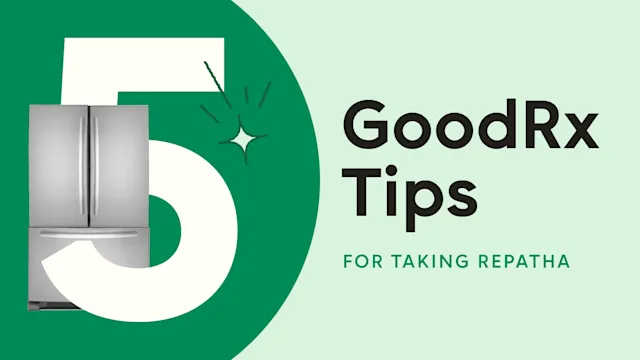High cholesterol can often be influenced by lifestyle factors such as diet, amount of exercise, and exposure to smoking tobacco.
For instance, if your diet is high in saturated fat, added sugars, and fried foods, you’re likely overwhelming the enzymes in the body that would break down the cholesterol in the food you’re eating, according to Pilar Stevens-Haynes, MD, Cardiologist at South Nassau Community Hospital in Oceanside, New York.
One effect of this type of diet may be that the LDL cholesterol rises and starts building up in your arteries.
What are genetic risk factors for high cholesterol?
Genetic factors can often play a role in high cholesterol. For example, familial cholesterolemia is high cholesterol that’s caused by your genetics, according to Jennifer Haythe, MD, Cardiologist at Columbia University Irving Medical Center in New York City. It is estimated to affect about 1 in every 250 people.
Another genetic risk factor for high cholesterol is a condition in which a person has high lipoprotein (a), according to Eugenia Gianos, MD, Cardiologist with Lenox Hill Hospital in New York City. Lipoprotein (a) is a marker that suggests that you may have an increased risk for more plaque build-up. It also increases your risk of clots in the arteries.
“We know that patients who have [these conditions] should have their family members screened for this as well, and they should be treated more aggressively [to prevent] heart disease,” says Dr. Gianos.
How do you know if you have high cholesterol?
High cholesterol usually doesn’t have any symptoms, so there is often no way to know what your levels are without getting tested. You should discuss when is the right time and frequency for you to get cholesterol screening with your primary care provider or cardiologist.
The good news is that even if you have familial hypercholesterolemia, a healthy lifestyle may help support your heart health. While there are certain factors like age and genetics that you can’t control, you can control the foods you eat, the amount of exercise you get, and the choice not to smoke tobacco.
Dr. Haythe is a Cardiologist at Columbia University's Irving Medical Center.
Dr. Stevens-Haynes is the Director of Non-Invasive Cardiology at South Nassau Community Hospital.
Eugenia Gianos, MD, is a clinical cardiologist at Lenox Hill Hospital, Northwell Health.
References
Centers for Disease Control and Prevention. (2022). About cholesterol.
Centers for Disease Control and Prevention. (2022). Familial hypercholesterolemia.
Centers for Disease Control and Prevention. (2022). Get a cholesterol test.
Centers for Disease Control and Prevention. (2022). LDL and HDL cholesterol and triglycerides.
Centers for Disease Control and Prevention. (2022). Lipoprotein (a).
National Library of Medicine. (2021). How to lower cholesterol with diet.

Why trust our experts?














